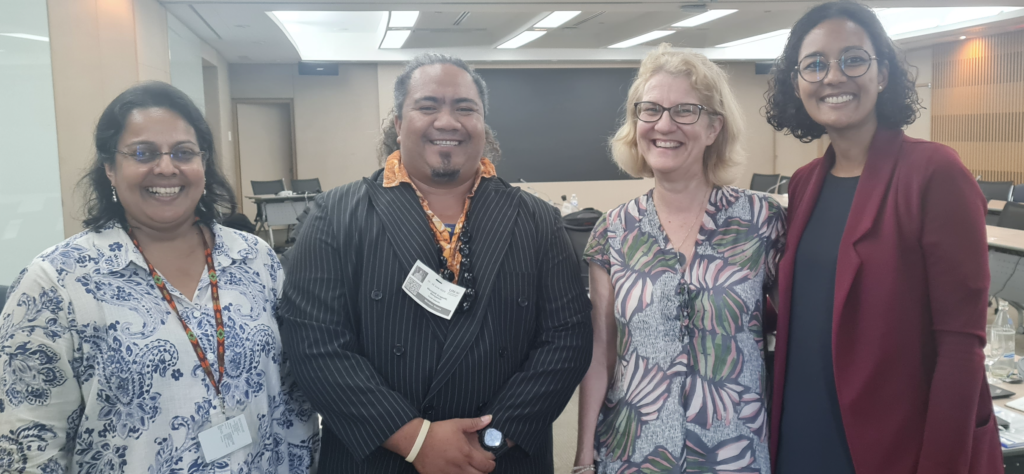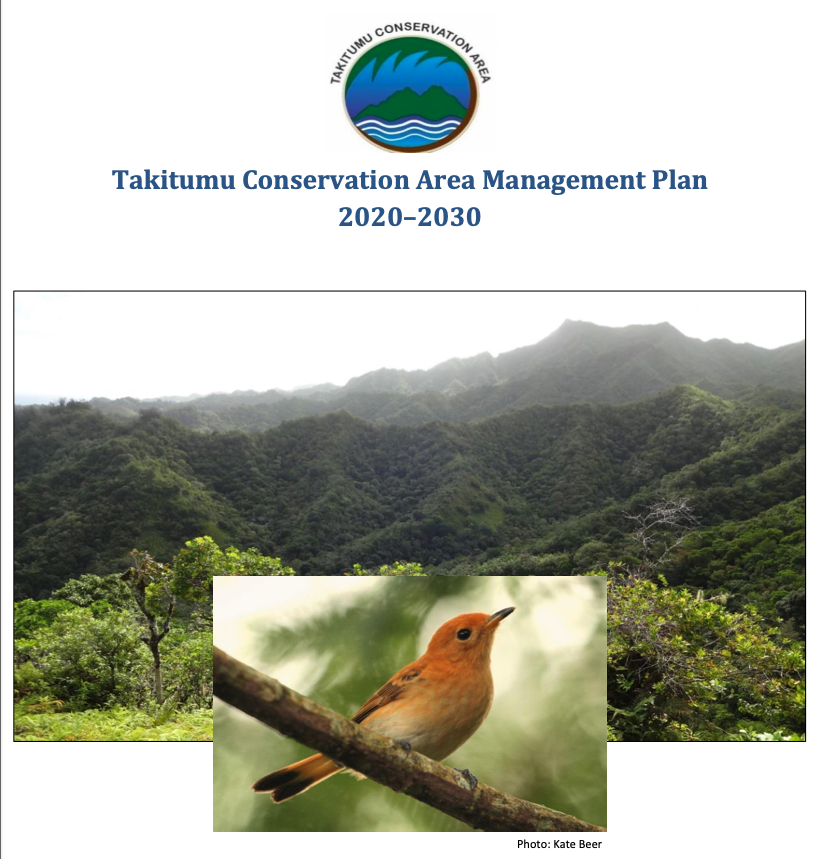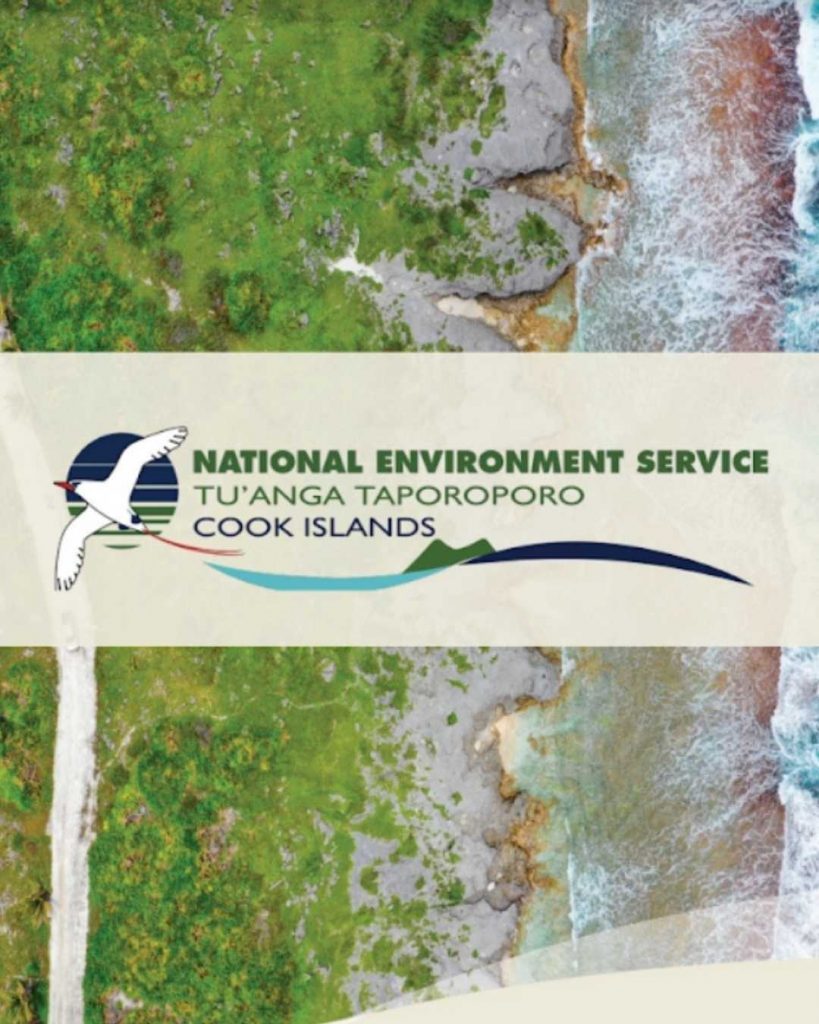Benjamin Maxwell, NES Senior Environmental Compliance Officer, attended the intergovernmental Asia-Pacific regional consultation held at the United Nations Centre in Thailand last month. The primary objective of the consultation was to develop non-prescriptive proposals that would strengthen the environmental management of minerals and metals along their complete life cycle, in alignment with the 2030 Agenda for Sustainable Development.
The participation highlighted the Cook Islands’ commitment to sustainability and responsible resource management. Of particular interest were discussions on environmental management relating to sand mining, mineral mining, and seabed mining.
Benjamin actively engaged with attendees, sharing his expertise and insights on sustainable practices in small scale mining such as sand mining and basalt rock mining extraction is the only common mining activities in the Cook Islands. He emphasized the importance of comprehensive approaches such as Environmental Impact Assessment processes, Landowners approval and the monitoring processes that consider the entire life cycle of sand and rocks, addressing both economic development and environmental preservation.
The discussions on sand mining revealed the ecological and social implications associated with the extraction of sand, which is used extensively in construction and infrastructure projects. Benjamin highlighted the need for sustainable sourcing practices, alternative materials, and proper reclamation processes to minimize the negative impacts on coastal ecosystems.
Mineral mining discussions shed light on the challenges faced by countries in balancing economic development with environmental conservation. Each country representative stressed the importance of responsible mining practices, including rigorous environmental impact assessments, community engagement, and restoration efforts to mitigate biodiversity loss and land degradation.
The outcomes of the consultation were encouraging, with participants working together to develop proposals that aligned with the 2030 Agenda for Sustainable Development. These proposals emphasized the integration of sustainable practices, the inclusion of local communities, and the establishment of effective monitoring and enforcement mechanisms.







